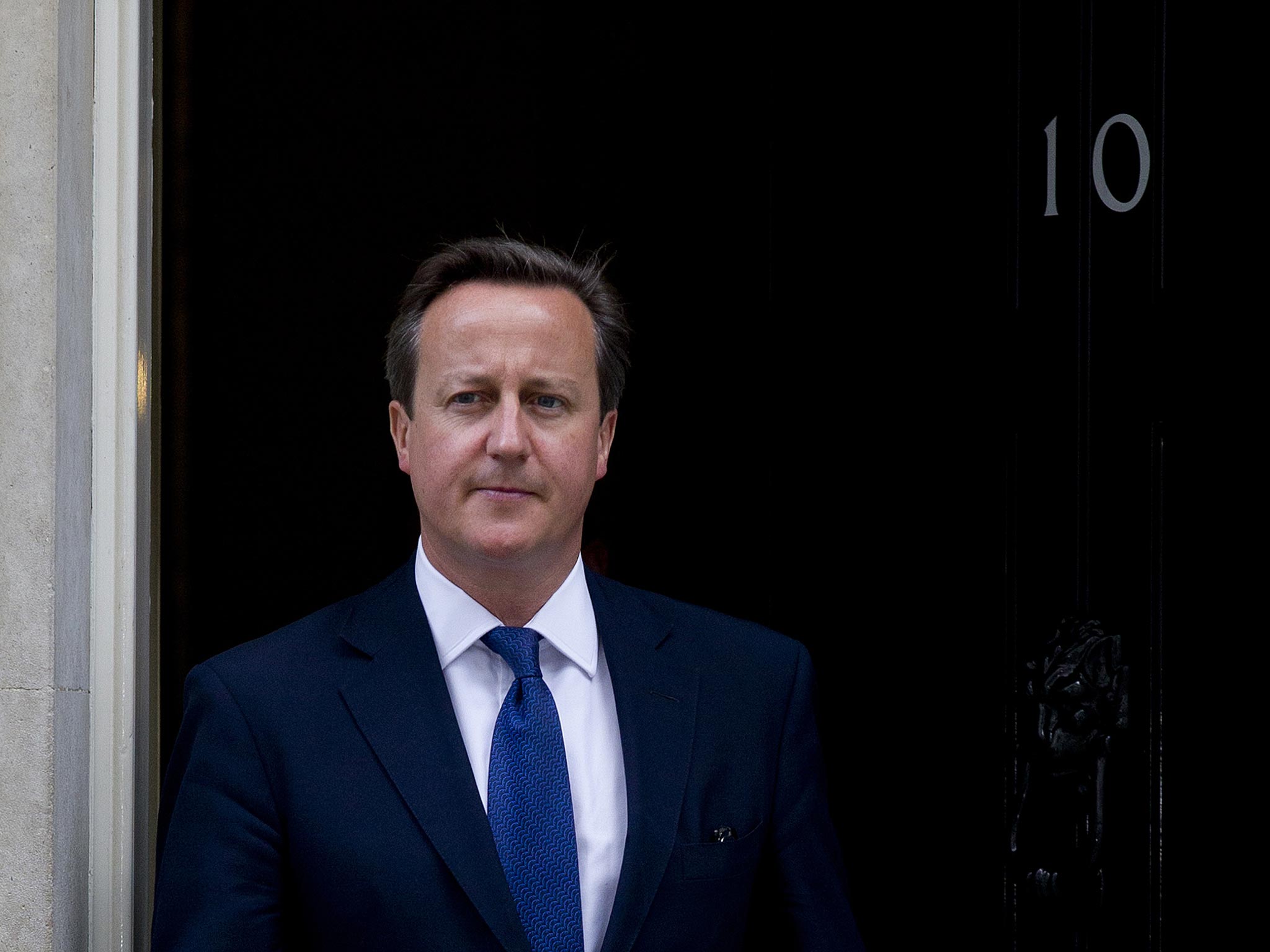Tories are 'failing to turn economic recovery into political capital', latest poll shows
Conservatives continue to lose ground to rivals despite Labour support also declining, poll of polls reveals

Your support helps us to tell the story
From reproductive rights to climate change to Big Tech, The Independent is on the ground when the story is developing. Whether it's investigating the financials of Elon Musk's pro-Trump PAC or producing our latest documentary, 'The A Word', which shines a light on the American women fighting for reproductive rights, we know how important it is to parse out the facts from the messaging.
At such a critical moment in US history, we need reporters on the ground. Your donation allows us to keep sending journalists to speak to both sides of the story.
The Independent is trusted by Americans across the entire political spectrum. And unlike many other quality news outlets, we choose not to lock Americans out of our reporting and analysis with paywalls. We believe quality journalism should be available to everyone, paid for by those who can afford it.
Your support makes all the difference.A “voteless recovery” is harming the Conservatives’ prospects at next year’s general election as David Cameron reaps little or no reward from the improving economy.
The latest poll of polls for The Independent shows that while support for both Labour and Liberal Democrats declined last month, the Tories failed to benefit. They remained stuck on 31 per cent, in line with their low point for most of the period since the 2010 election.
“The Conservatives are left wondering why the recovery in economic optimism is continuing to prove a voteless one for the party,” said John Curtice, professor of politics at Strathclyde University, who compiled the poll of polls.
Although Labour’s three-point lead is its lowest since February 2012, Prof Curtice said this was “not an indication of any restoration of Conservative fortunes, merely a weakening of Labour’s.”
There is little cheer for any of the three main parties. Labour is on 34 per cent, down one point on the previous month, its lowest poll of polls rating since a month after the 2010 election. Although the latest figures would give Ed Miliband an overall majority of 23, Prof Curtice said declining support “is not a basis on which Labour can look forward with confidence to winning an overall majority”.
Support for the Liberal Democrats has dropped one point to 8 per cent, an all-time low since the last election. “Until the last couple of months, the party appeared to have a core 10 per cent of the vote, but now even that core has apparently begun to melt away,” said Prof Curtice, who compiles a weighted average of surveys by ComRes, ICM, Ipsos MORI and YouGov.
The relatively weak position of the three main parties reflects the popularity of Ukip and smaller parties. Nigel Farage’s party is up one point to 15 per cent, dashing rivals’ hopes that it would fade after coming first in the European elections. Other parties account for 12 per cent of the vote, including the Greens on 6 per cent.
This means the “none of the above” vote, which rejects the main parties, totals 27 per cent, higher than the 20 per cent at this stage after the last European elections in 2009.
Prof Curtice concluded: “Like the Lib Dems and the Conservatives, Labour too has to worry about recouping losses to Ukip and smaller parties. The forthcoming electoral battle seemingly rests not so much on the ability of the Westminster parties to gain votes from each other, but rather on their success or otherwise in winning back support from those parties with little or no current representation in the Commons. It means it is a battle in which the old rules no longer apply.”
The Conservatives are the biggest losers to Ukip, with 17 per cent of their 2010 voters now saying they will support Mr Farage’s party at next year’s election, compared to 10 per cent of Lib Dem 2010 voters and 7 per cent of Labour’s.
Three-in-four Tory defectors since 2010 have switched to Ukip.
“One key reason why the economic recovery has proved voteless for the Tories is that, so far, it has passed Ukip’s relatively old, provincial and working class electorate by," said Professor Curtis.
“The Tories need to ensure that those at the bottom end of the economic tree begin to see more of the fruits of recovery."
Join our commenting forum
Join thought-provoking conversations, follow other Independent readers and see their replies
Comments